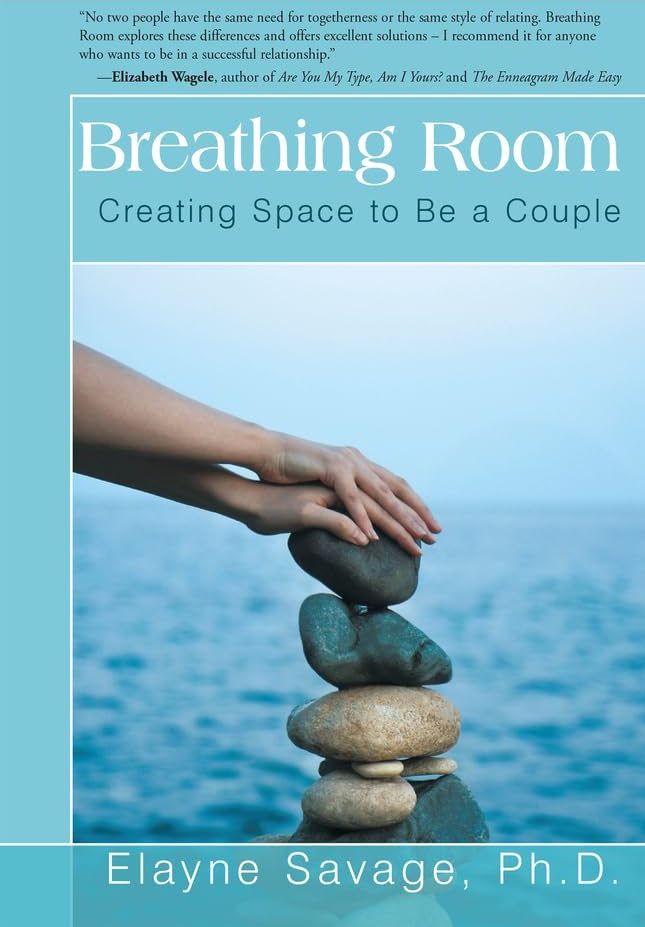TIPS FROM THE QUEEN OF REJECTION®
Elayne Savage, PhD
March, 2009
IN THIS ISSUE
1. Fear, Anger and Outrage
2. Rage is 'Anger with a History'
3. Scratch the Surface of Anger and You'll Find Fear
4. Unrealistic Expectations are Setups for Disappointment
5. Loss of Trust
6. Loss Feels Like Rejection
7. Tips for Coping with Fear
8. Contacting Elayne
9. Privacy Notice and Subscription Information
Fear, Anger and Outrage
By Elayne Savage, PhD
I was about to send out an e-letter on Fear and Disappointment. That was before the AIG bonus reaction headlines began screaming: "Outrage." "Outrage." "Outrage."
References to "Populist Rage" and "Bailout Rage" abound. Note how the word 'anger' is barely used. The operative word appears to be 'Rage.'
'Rage' is a powerful word describing a powerful emotion.
Let's look at 'rage' and how is it is different from 'anger.' We can then see if 'rage' is what we're really feeling. Or is it what the media says we should be feeling? Next we can look at the connection between rage, anger and fear.
First I want to give you my definition of rage based on over 25 years as a psychotherapist, communication coach and workplace trainer.
Rage is 'Anger with a History'
In my writing and speaking programs I define rage as 'anger with a history.' Rage is an emotion beyond anger. The way I see it, anger relates to something happening in the present and reflects “now” feelings. By contrast, rage arises from overwhelming, sometimes unbearable feelings from the past.
A distressing event in the present can become unbearable when it reminds you of past painful experiences. These negative events collect in your memory. Before you know it, you’re overreacting and feeling out-of-control.
Old injustices stockpile into a repository of rage, just waiting to be disgorged.
When a similar event happens in the present, the stockpile ignites and you are having an intense reaction against those past injustices.
These strong feelings arise from perceived mistreatment at the hands of others. Perceived injustices. Betrayals. Disappointments and Loss. Road rage is a good example of how easily folks can overreact. http://www.QueenofRejection.com/article_roadrage.htm
If you are aware when your anger moves into rage, you might be able to slow down the process. Ask yourself if you are reminded of an incident from your history. Does it conjure up images when a parent or teacher did not support or defend you? Or times when peers treated you unfairly. Or times somebody important disappointed you terribly.
Scratch the Surface of Anger and You'll Find Fear
Even though rage is 'anger with a history,' it is still anger. Most often when you scratch the surface of anger, you'll find fear.
When you find yourself angry ask yourself:
"What am I afraid of?"
"What might happen?"
Once you begin to get a handle on it, write it down. Then read it out loud to yourself:
"I’m afraid that _____________."
Hearing yourself say the words gives form, shape, color, and texture to the fear and makes it more manageable.
Fear and anger are connected emotions. The 'Flight or Fight' response to stress shows how this is so. When we are faced with a stressful situation, we respond in one of two ways. By fear or anger. We protect ourselves from harm by running and hiding (flight) or by becoming angry and aggressive (fight).
We can also see the connection between fear and anger in other aggressive behaviors. The bully is a good example. The bully puffs him or herself up because underneath that tough exterior lies fear and vulnerability.
Anger (within reason) can be a good balance to fear. Anger is energizing whereas fear is energy draining. Anger at the AIG bailout and bonuses may be serving a useful purpose. It may serve to energize folks when they are feeling depleted, depressed, helpless or immobilized by the economic situation.
The feeling of helplessness is the scariest of all for some of us.
So let's talk a little about fears in this shaky economy.
Apprehension seems to be touching just about everyone. It's contagious. One person catches it from another. How is it affecting you? As anxiety grows, a kind of paralysis sets in. You may feel helpless, afraid, immobilized, dazed, numbed, or stunned. It's sometimes hard to think or act.
Tensions are great. Stress is rampant. Relationships are suffering.
Loss permeates all of this. Loss of jobs is accompanied by loss of income and loss of identity. Loss of homes or savings is permeated with loss of security and loss of well being. And for some, there is a loss of hope.
Coming face to face with loss and the fear of loss is difficult. This becomes even more complicated if it reminds you of a painful loss from your early years.
Unrealistic Expectations are Setups for Disappointment
Unmet expectations are another form of loss. As a child did you feel disappointed in someone or something? Perhaps someone made a promise they didn't deliver on. Or you didn't feel supported or defended in the face of perceived danger. Or you found out you couldn't count on someone you thought you could trust. These experiences stockpile, just waiting for the next disappointment to occur.
Who among us hasn't believed exaggerated promises or engaged in some wishful thinking or put someone on a pedestal? And then we watch them tumble off. Splat.
Thinking positively and having hope is constructive. We just have to keep our expectations realistic. When they are too big they come crashing down to reality. Unrealistic expectations are setups for disappointment, disillusionment, and resentment. When we're too invested in a certain outcome, we tend to take disappointment personally.
Loss of Trust
Another loss you may be struggling with is loss of trust. This includes the powerful feelings of disloyalty and betrayal. Can you see how losing your job might feel unfair? Or disloyal? If you trusted promises of security that don't materialize, it may feel like betrayal.
Loss Feels Like Rejection
There's another layer of complexity here. Each of these losses and disappointments can feel like rejection or self-rejection. Rejection is feeling "dissed" in some way: Disrespected for sure. Also dismissed, discarded, dispensable, discounted, or dishonored.
When you are wounded at such a deep place, it's hard not to take it personally.
You may perceive yourself to be a target. You tend to see someone's actions as a personal affront. You feel slighted, or wronged, or attacked. This is what taking it personally is all about.
And because taking things personally is related to feeling rejected in some way, you may find your fear of rejection intensifies as well.
When you feel an injustice has been done, you may fear getting hurt again. The hurt may become anger and resentment. When old feelings of injustices from the past bubble up as well, the anger can turn into rage.
Since fear is the underbelly of anger, finding ways to cope with your fear is a good beginning.
Tips for Coping with Fear
– Give yourself permission to be afraid. These are unsettling times. However try not to cross the line into biting the 'fear bait' that gets thrown out by the media and politicians.
– Put a name to your worst fear. Say it out loud.
– Talk it out with someone if possible. Hearing yourself say what you most fear works wonders.
- Make a plan. It provides structure and reassurance.
– Try not to take disappointments personally. It takes so much energy. Remind yourself, "This is not about me."
Master Yoda says, "“Fear is the path to the dark side. Fear leads to anger. Anger leads to hate. Hate leads to suffering.”
More on our fears and their childhood roots next month. With more tips, too. (Unless something else in the news calls out for attention again.)
© Elayne Savage, PhD
Until next month,
Elayne
Elayne Savage is the author of books published in 9 languages.
To order DON'T TAKE IT PERSONALLY! THE ART OF DEALING
WITH REJECTION from Amazon:
http://tinyurl.com/5cg598
To order BREATHING ROOM — CREATING SPACE TO BE
A COUPLE from Amazon:
http://tinyurl.com/2e3objs
REPRINTING THESE BLOGS
You can use the articles in 'Tips from The Queen of Rejection'®
as long as you include a complete attribution and, whenever
possible, a live link to my website. Please notify me where and
when the material will appear.
The attribution should include this information:
Elayne Savage, PhD is a communication coach, professional
speaker, practicing psychotherapist and author. To find out
more about her programs, and services visit
http://www.QueenofRejection.com
or call 510-540-6230
Contacting Elayne
I welcome your feedback as well as suggestions for topics you'd
like to see addressed in this e-letter.
Here's how you can reach me:
Elayne Savage
elayne@QueenofRejection.com
510-540-6230


Leave a Reply